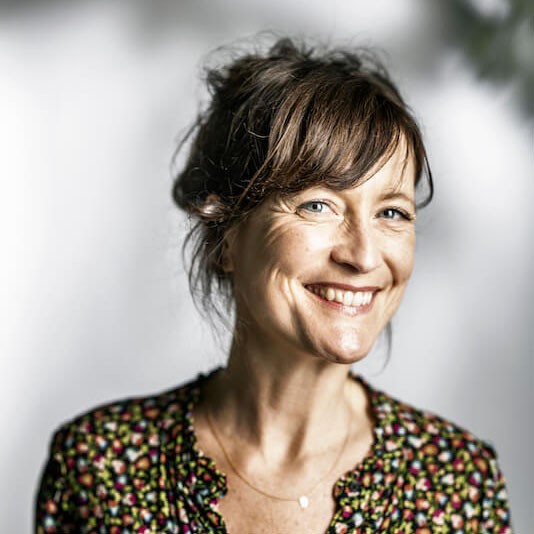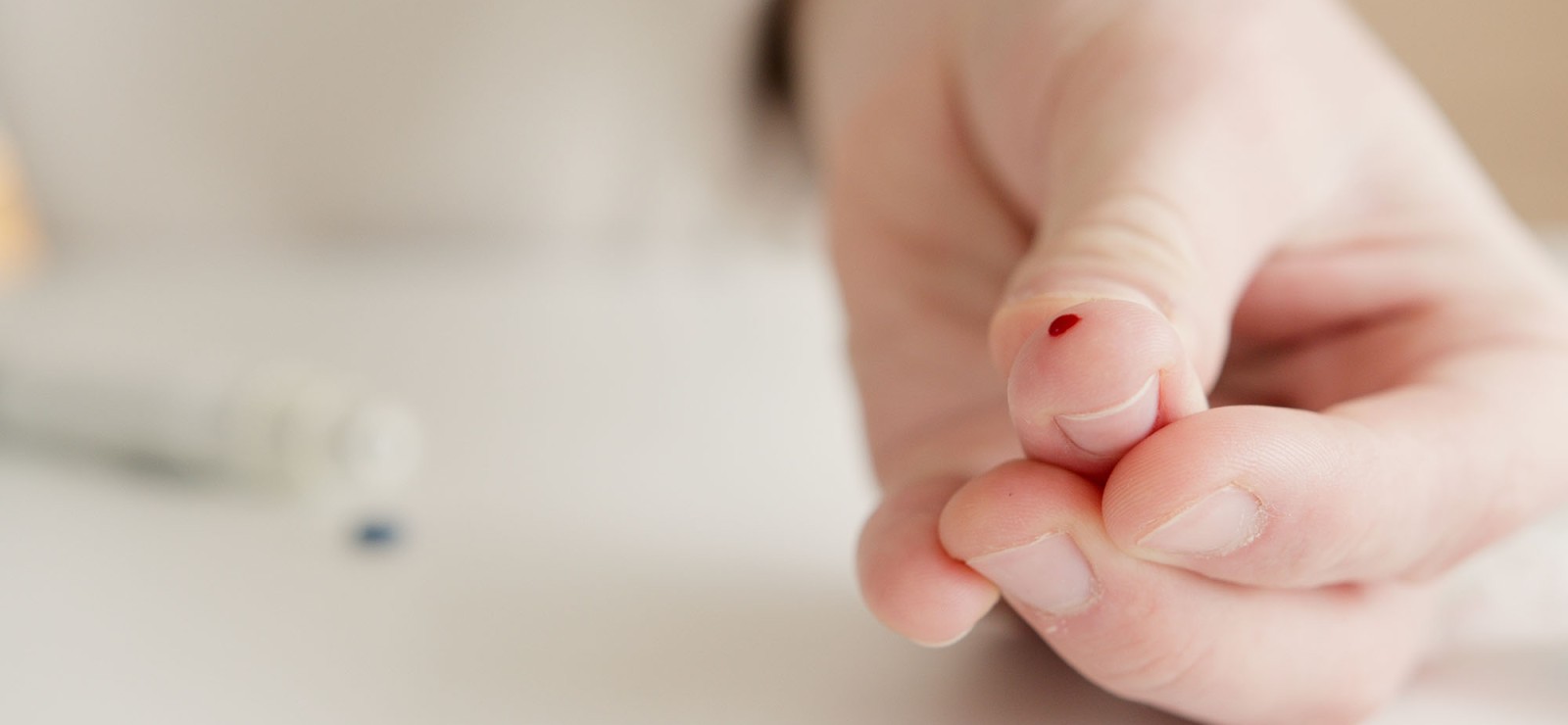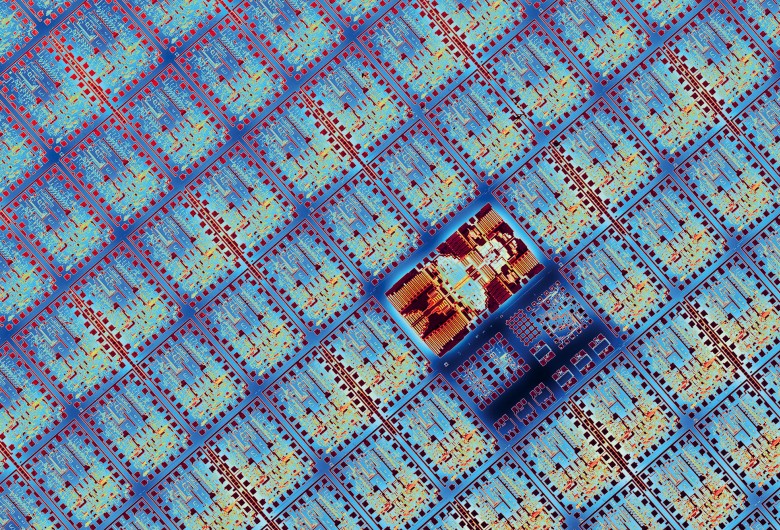Alumna Danaë Delbeke is developing a solution that can improve the lives of millions of people with diabetes. The entrepreneur raised 38 million euro last year with the UGent spin-off Indigo Diabetes. The goal: to put a workable product on the market by 2024.
Danaë Delbeke: "We are working on a small sensor that is inserted under the skin of people with diabetes. This way they no longer need to prick their finger or walk around with a patch on their arm to measure their blood sugar level.
The sensor measures with the help of light: a chip sends light through the body fluid. Depending on which colours are absorbed, the glucose level can be determined.
The sensor chip sends the values immediately to a receiver the size of a USB stick in the pocket or handbag. The receiver sends the data to a smartphone, which warns if the glucose values deviate.”
Was it your childhood dream to eliminate health problems or did your commitment arise later in life?
Danaë Delbeke: "Indigo was founded on the intersection of two fascinations: light and impact. Using light as a source of life to make this world an even better place is what drives me.
In many conversations with people with diabetes, I noticed that our light sensor can substantially improve their quality of life. We hope to have the sensor on the market by 2024."
You were at the basis of several academic spin-off startups in light technology (Luceda, Caliopa, Com&Sens, Indigo, Sentea, AntelopeDx) and you have a series of patents to your name. Where does your entrepreneurial drive come from? Your West-Flemish roots?
Danaë Delbeke: “Solving problems and photonics give me energy. Light and colours have always been very fascinating to me. What is a rainbow? Why is the sky blue? How does photosynthesis work?
Maybe it is in my DNA. My sister Daphne Delbeke makes installations for lighting architectural buildings with her company Magic Monkey. Her gigantic lighting projects are made possible by the same principles we have integrated in our implantable chips.
Two completely different applications that use light to make the world a more beautiful place. Roots might have something to do with it, who knows?"
This is the first project you are leading yourself. Why this specific project?
Danaë Delbeke: "A successful project requires a talented team, a committed investment team, capital, a game-changing technology and a need or demand for your product. Indigo checks all the boxes. I did not hesitate for a moment to throw myself into it."

Danaë Delbeke graduated in 1997 from Ghent University as a civil engineer in Electrical Engineering and later obtained a PhD in Photonics (UGent, 2002). She is CEO of Indigo, a UGent spin-off, and a pioneer in the fight against diabetes. For her innovative approach, social commitment and ambitious plans she was named Engineer of the Year in 2021, an award from Alumni Engineers Ghent.
Read also
How photonics is dramatically changing the medical world
The medical field is on the verge of a revolution, all thanks to... light. Medical devices will soon become so small and inexpensive that they will become part of everyday equipment. The driving force behind this technological revolution is photonics. ‘It is the fastest growing ‘‘enabling” technology we know’, says Roel Baets, head of the Photonics Research Group.
Read also
‘Women are not just copies of men with breasts and ovaries.’
Van wetenschappelijk onderzoek tot medische behandelingen, decennialang stond de man centraal in de medische wereld. Betekent dat dan ook dat vrouwen daardoor minder goede zorg krijgen?
Research into rare eye diseases at Ghent University: “It’s fair to say we rank amongst the world’s elite”
Around 8% of the world’s population suffers from a rare disease. In Belgium some 800,000 patients are affected. One of them is eighteen-month-old Oliver, who was born blind. He is closely monitored by professor Bart Leroy, whose team has made remarkable progress in the research into rare eye diseases. Still, there are quite a few stumbling blocks as well.
Are vitamin pills innocent?
For many people, a daily dose of vitamins and minerals has become part of their everyday routine. Especially in winter we ingest massive quantities of vitamin D because we think it boosts our immune system. But is that accurate and is that daily vitamin pill as innocent as it appears?
How to taper off sleeping pills safely and responsibly
In 2023, one in five Belgians was prescribed sleep medication, making Belgium the European leader. “Many people see a sleeping pill as an innocent thing,” says GP and clinical pharmacologist Ellen Van Leeuwen, “but sleeping pills are not sweets.”





